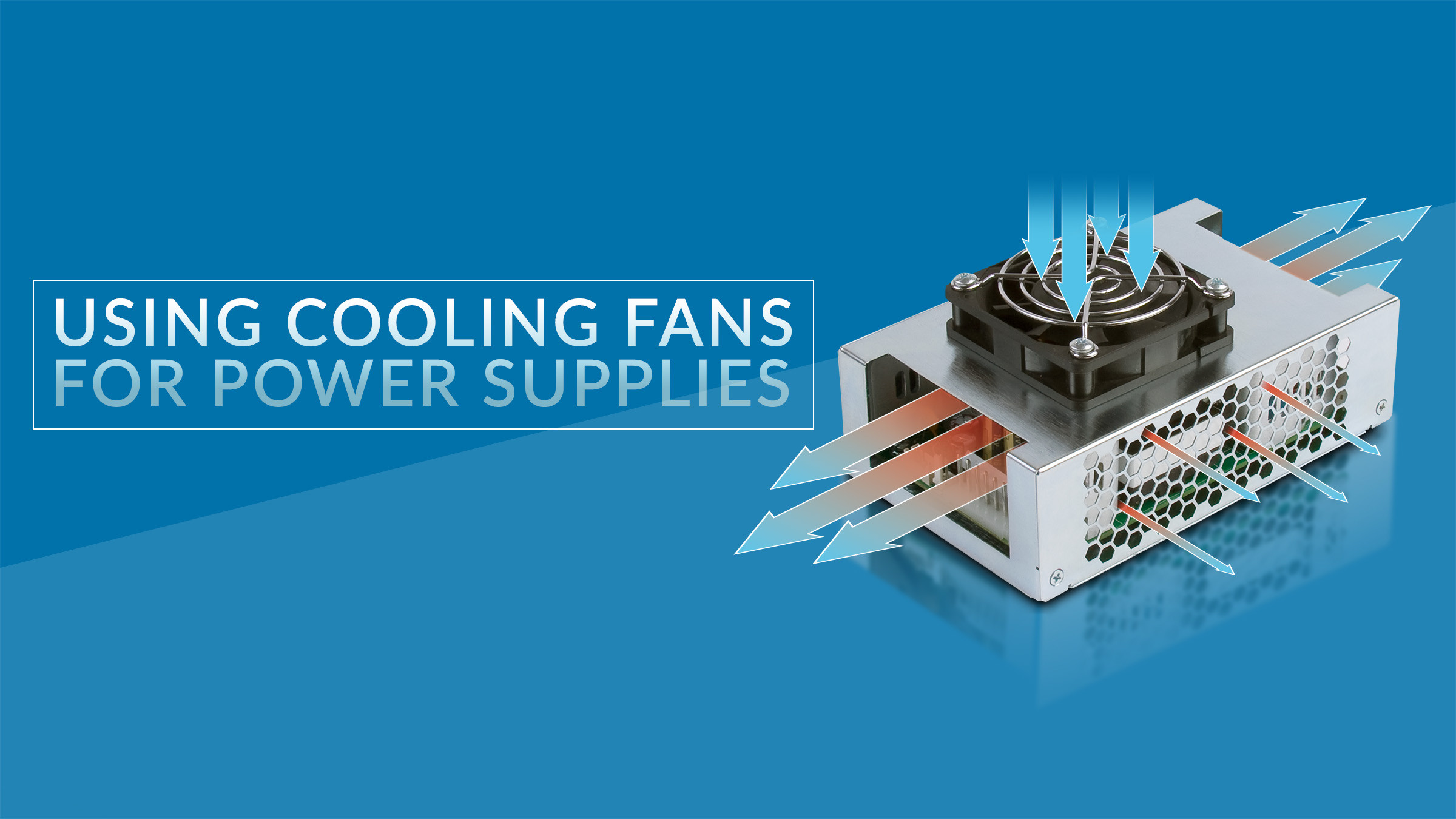
Perfect design of electronic equipment
The most important factor is good, careful design based on sound experience, resulting in known safety margins. Unfortunately, this does not show up in any predictions, since they assume a perfect design.
Many field failures of electronic equipment are not due to the classical random failure pattern discussed here, but to shortcomings in the design and in the application of the components, as well as external factors such as occasional voltage surges. These may be outside of the specification but no one will ever know as all that will be seen is a failed unit. Making the units rugged through careful design and controlled overstress testing is a very important part of making the product reliable.
Failure rate of electronic equipment depends on three factors
1. Complexity - Keep things simple, because what isn’t there can’t fail but, conversely, what isn’t there can cause a failure. A complicated or difficult specification will invariably result in reduced reliability. This is not due to the shortcomings of the design staff, but to the resultant component count. Every component used will contribute to the equipment's unreliability.
2. Stress - For electronic equipment, the most prominent stresses are temperature, voltage, vibration and temperature rise due to current. The effect of each of these stresses on each of the components must be considered. In order to achieve good power supply reliability, various derating factors have to be applied to these stress levels.
The derating has to be traded off against cost and size implications. Great care and attention to detail is necessary to reduce thermal stresses as far as possible. The layout has to be such that heat-generating components are kept away from other components and are adequately cooled. Thermal barriers are used where necessary and adequate ventilation needs to be provided. The importance of these provisions cannot be overstressed since the failure rate of the components will double for a 10 ºC increase in temperature. Decreasing the size of a unit without increasing its efficiency will make it hotter, and therefore less reliable.
3. Generic - Generic reliability (also known as inherent reliability) refers to the fact that, for example, film capacitors are more reliable than electrolytic capacitors, wirewrap connections more reliable than soldered ones, fixed resistors more reliable than potentiometers. Components have to be carefully selected to avoid the types with high generic failure rates. Quite often there is a cost trade-off, as more reliable components can be more expensive.
Assessment is the most useful and accurate way of predicting the failure rate. A number of units are put on life test, at an elevated temperature, and so the stresses and the environment are controlled.
XP Power is committed to being a leading provider of power solutions that reduce the production and running costs of your equipment enabling you to gain a competitive advantage.








